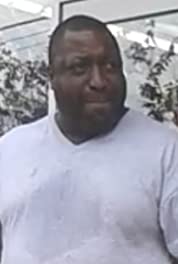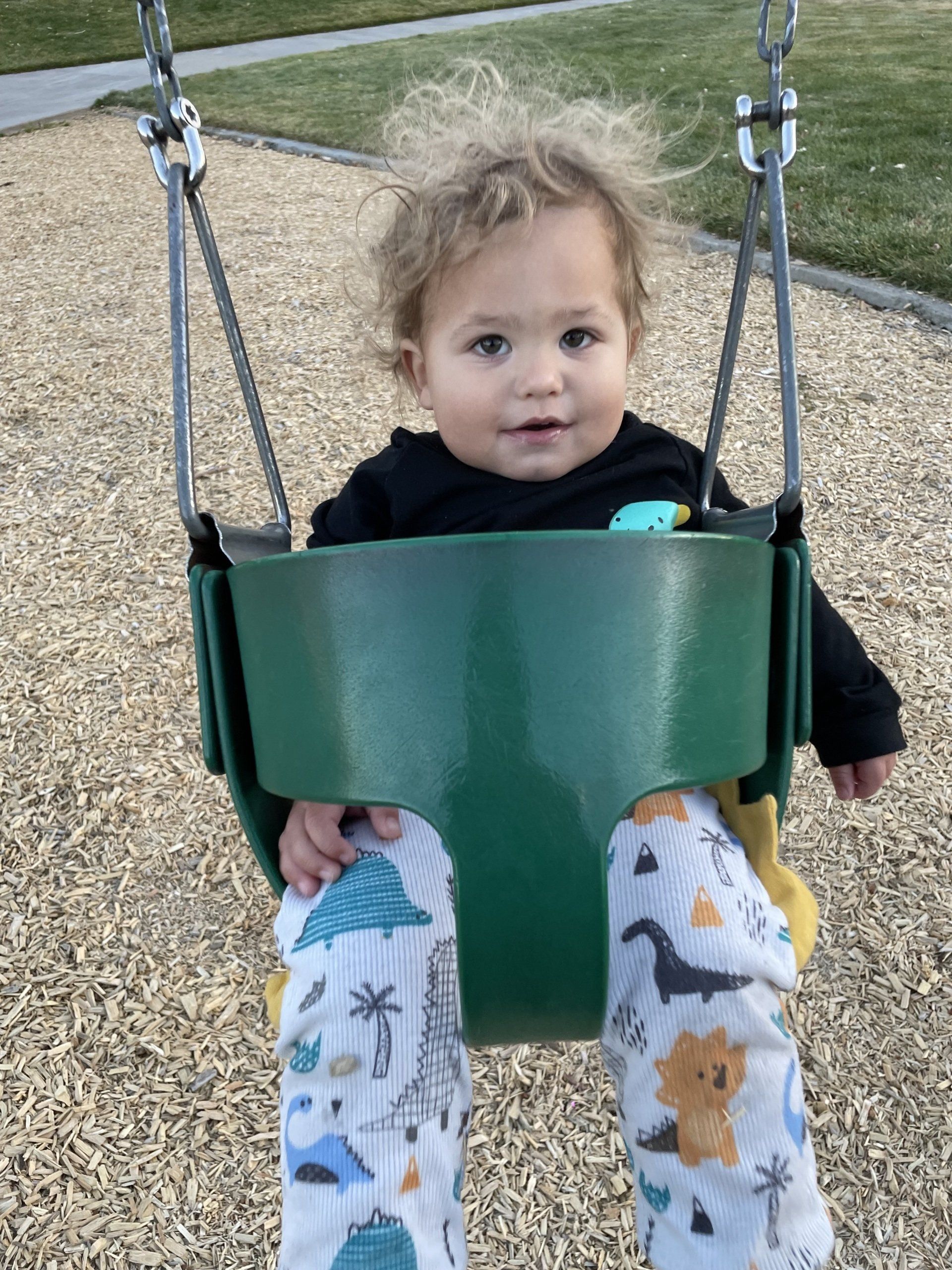There were a lot of reasons why I wanted to be single for the rest of my life. One of those reasons was the murder of Eric Garner. Eric was a black man from Staten Island who died when a police officer put him in a prohibited chokehold while he was being arrested on July 17, 2014. He was being arrested for selling single cigarettes without a tax stamp. The officer attempted to handcuff Eric but Eric pulled away, asking that he not be touched. It was then that the officer put his arm round Eric’s neck and pulled him to the ground and pinned him. Eric told the officers present that he couldn’t breathe 11 different times and none of them interceded.
I want to take a break to say that this is not a commentary on the police. This is a glimpse into why I felt I had no choice but to remain single.
I was 25 years old when I watched the video of Eric’s murder. I don’t know why I watched it. I was sitting on my bed and when the video was over, I wept. A lot of things were going through my head at that moment. The clearest thought was that I never wanted to have a son whose murder was recorded and no officer helped him. I didn’t want to have to explain to my future son why his skin color could put him in danger when he is pulled over by an officer. I refused to have to fear for my future son’s life every time he walked out the door because someone might have a bias against someone who looked like him.


